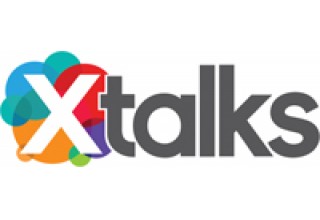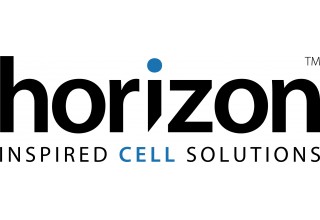Subcellular Mapping of the Human Proteome - an Open Access Resource From the Human Protein Atlas Project, New Webinar Hosted by Xtalks

TORONTO, August 29, 2018 (Newswire.com) - Researchers and drug developers need reliable information on protein expression throughout the body.
This live webinar upcoming on Tuesday, Sept. 18, 2018, at 11 a.m. EDT (4 p.m. BST/UK) will focus on the subcellular mapping of the human proteome within The Human Protein Atlas project and how to make use of the data from the open access Human Protein Atlas database (www.proteinatlas.org). Given the antibody-centric approach of this project, the antibody specificity and validation is crucial to obtain reliable data. The webinar will also address antibody validation for different applications, based on the recommendations from The Human Protein Atlas project as part of the International Working Group on Antibody Validation (IWGAV).
Antibodies are versatile tools for studying the human proteome and in combination with imaging applications, specific proteins can be visualized within tissues, cells and subcellular organelles. The Human Protein Atlas project aims to create an atlas of the human proteome, using antibodies and microscopy to gain spatial protein distribution in tissues, cells and at the subcellular level. Three main publications, all in the journal Science, describe and summarize the work and conclusions of the respective sub atlases (Uhlen et al 2015 and 2017, Thul et al 2017).
Resolving the spatial distribution of the human proteome at a subcellular level greatly increases our understanding of human biology and disease. Using antibodies generated within the Human Protein Atlas project, immunofluorescence and confocal microscopy were applied to systematically explore the spatial distribution of over 12,000 human proteins in cultivated cell lines and map them to 30 subcellular structures with single-cell resolution. From this extensive subcellular protein profiling data, 13 different organelle proteomes could be defined. Exploration of the proteomes reveals single-cell variations of abundance or spatial distribution and localization of approximately half of the proteins to multiple compartments. This subcellular map can be used to refine existing protein-protein interaction networks and provides an important resource to deconvolute the highly complex architecture of the human cell.
The Human Protein Atlas project has, in many senses, been part of a world-leading effort in improving antibody validation standards. The experience from using over 40,000 in-house generated antibodies as well as commercial antibodies from different vendors, has led to the conclusions of context-dependent antibodies and thus the need for application-specific validation methods, as described by IWGAV.
To conclude, the Protein Atlas serves as a protein information resource, where expression profiles in over 40 different tissues and several different cell types can be explored.
Join Charlotte Stadler, Ph.D., Head of Cell Profiling Facility at KTH Royal Institute of Technology in Sweden, for an interactive and informative webinar.
For more information about this complimentary event, visit: Subcellular Mapping of the Human Proteome – An Open Access Resource from The Human Protein Atlas Project.
ABOUT XTALKS
Xtalks, powered by Honeycomb Worldwide Inc., is a leading provider of educational webinars to the global life science, food and medical device community. Every year thousands of industry practitioners (from life science, food and medical device companies, private & academic research institutions, healthcare centers, etc.) turn to Xtalks for access to quality content. Xtalks helps Life Science professionals stay current with industry developments, trends and regulations. Xtalks webinars also provide perspectives on key issues from top industry thought leaders and service providers.
To learn more about Xtalks, visit http://xtalks.com.
For information about hosting a webinar, visit http://xtalks.com/why-host-a-webinar/.
Contact:
Nima Rajan
Tel: +1 (416) 977-6555 ext 352
Email: nrajan@xtalks.com
Source: Xtalks

